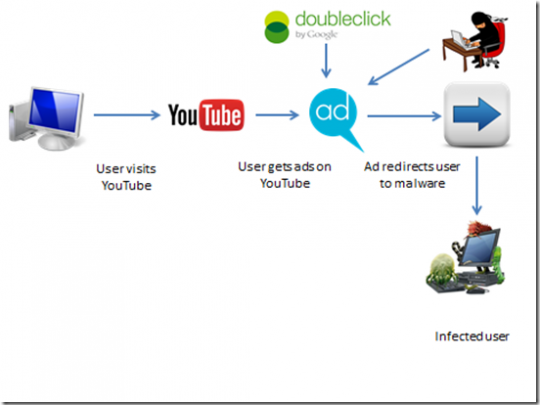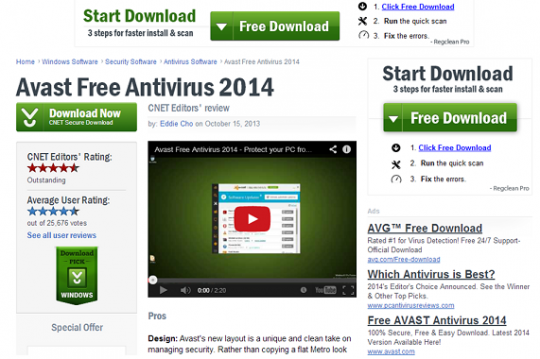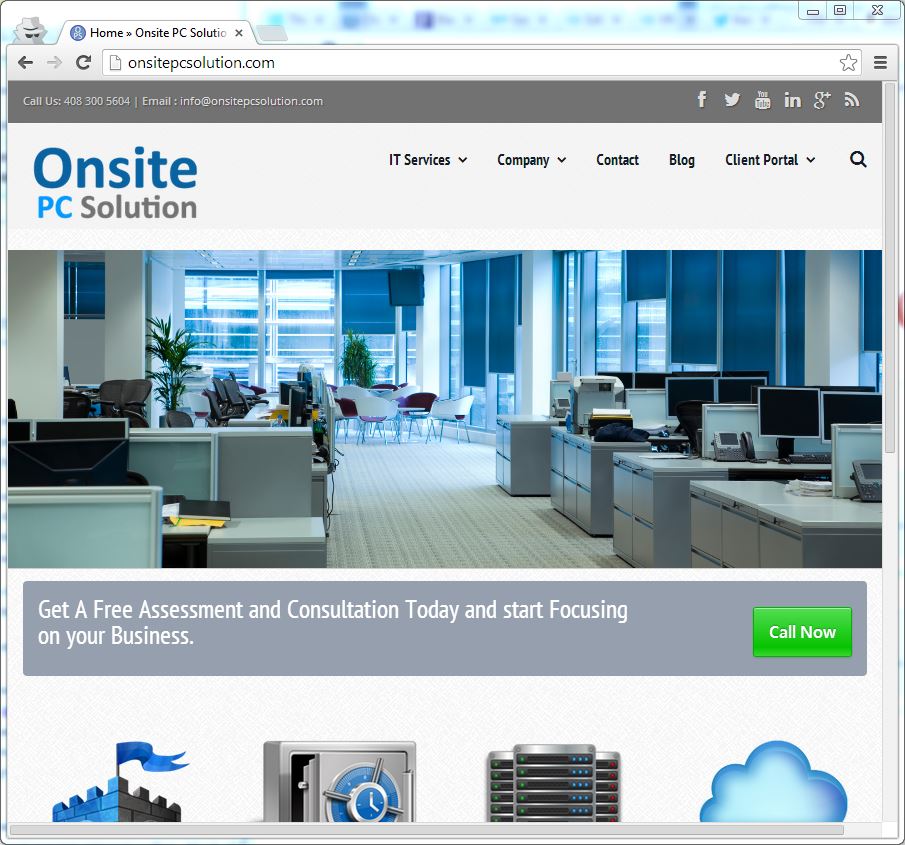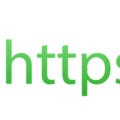Does advertising improve your web browsing experience or make it worse? Even legitimate advertising can cause major headaches to major infections.
Advertising can be a great source of revenue for websites that offer content and information for free. Major websites that you use everyday have taken this to an extreme by serving up video ads that talk to you and track your online behavior. However the more websites rely on advertising for their revenue the more willing they will let any run an ad on their networks. Here are three reasons why advertising has reached a point where it can be a threat to the average user browsing the internet.
1. Malware spreads through legitimate advertising
There have been many cases in the last few years where hackers and criminals have used legitimate advertising and banners in websites and in videos to spread their malware. One example is a bitcoin mining virus being spread through Yahoo advertising. Even Youtube fell victim to advertising serving up remote code execution. These major website quickly patched up the problem but it will take more than a break-fix approach to end this cat and mouse game.
2. Are you really getting what you click on?
Accidentally clicking on the wrong link when you want to download a song, file or program from the internet can open the flood gates of junk on your computer. The above image shows a legitimate download website. Can you guess which link is the correct link to download your program?
3. Popups, search engine hijackers and junk programs
Once junk programs from advertising get their foot in the door, it can be very difficult to detect or even remove the software. The above search engine may look like Google, but it is a knock off website meant to steer you to their partners websites.
For now until major websites have better safeguards in place to prevent malware, junk programs and sneaky advertising methods from their ad networks it’s better to steer clear from advertising all together. We recommend running Firefox or Chrome with ad block plugins installed.
For more tips on staying safe online at your home or office, contact your local IT professionals.











